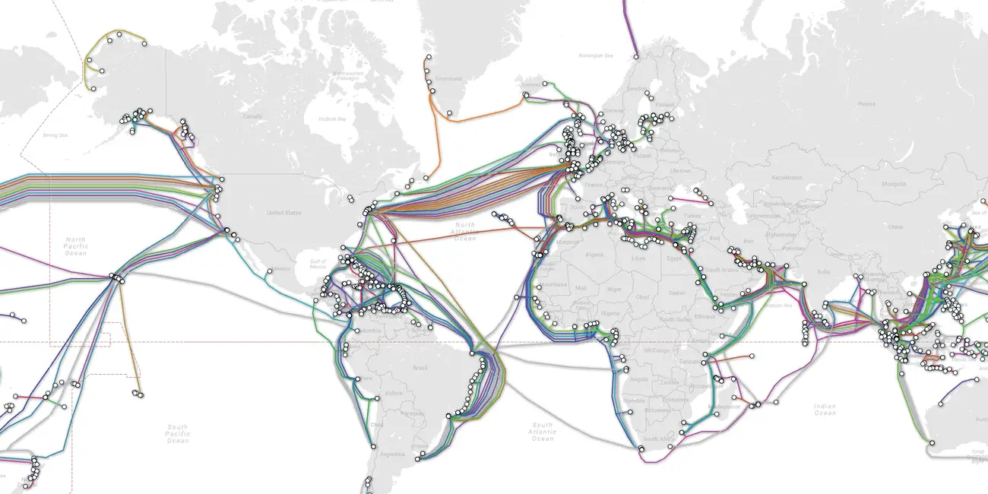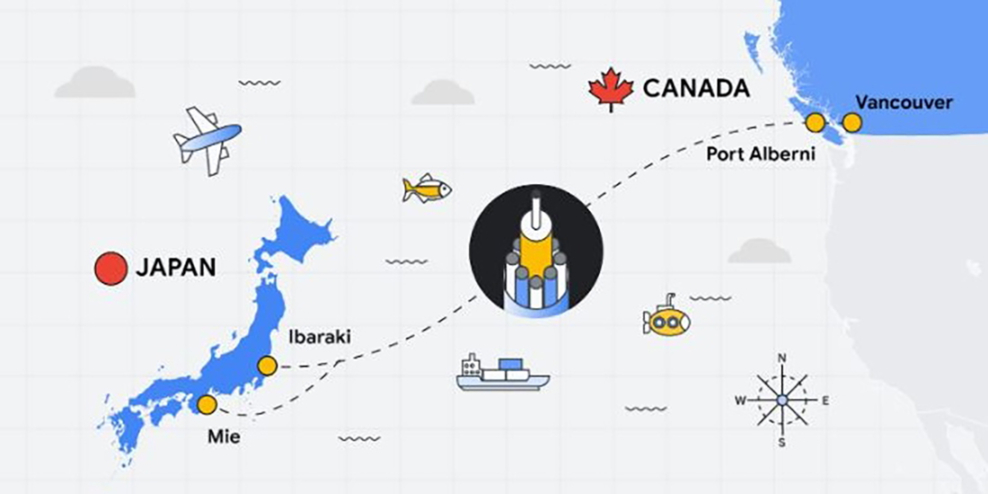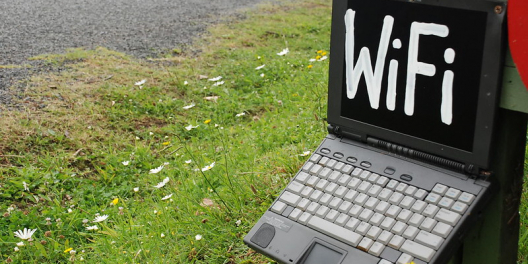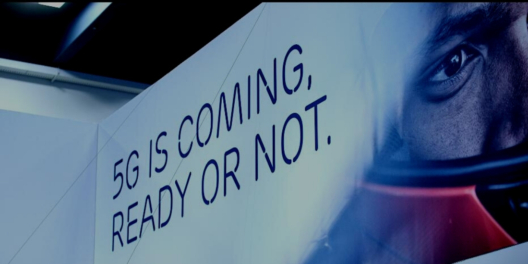We’re about to get connected to our neighbours across the Pacific.
Google is laying an undersea fibre-optic internet cable from Vancouver to Japan, and the cable will run right through the Alberni area.
When the cable gets going next year, services like GMail and YouTube will run faster for folks connected to land-based internet. Folks who use satellite internet won’t see any change.
The cable crosses First Nation territory. So Google worked with the Tseshaht, Maa-nulth, and Hupacasath First Nations to agree on how to use their land.
Tseshaht Chief Councillor Ken Watts says Google “has been very respectful and thoughtful in its engagement with our nation.”
“That’s how we carry ourselves and that’s how we want business to carry themselves in our territory,” he said in a statement.
Chief Charlie Cootes of the Maa-nulth Treaty Society and Chief Councillor Brandy Lauder of the Hupacasath First Nation were also pleased with how consultations went. They said that the project benefits both Google and the Nations, and that the relationship with the tech giant “has good energy behind it.”
Undersea internet cables crisscross the globe. But this is the first cable that will run all the way from Canada to Asia. It’s a huge undertaking.
The cable is only the size of a garden hose, but it has to be strong enough to reach across an ocean.
Google says the new cable will house 16 fibre-optic pairs, with a total capacity of 240 terabits per second with advanced traffic flexibility and resilience when it opens in 2023. When we figure out exactly what that means, we’ll let you know.
It takes hundreds of undersea cables to keep the internet running. And most of those cables were built by private companies. There isn’t much government oversight.











